Description
Description
Verapamil Hydrochloride Injection 5mg is a calcium channel blocker used in the management of certain cardiovascular conditions. It is an intravenous formulation of verapamil, a medication that helps regulate heart rate and blood pressure. The “IP” denotes that it complies with the Indian Pharmacopoeia standards, ensuring quality and efficacy.Mechanism of Action verapamil 5mg/2ml
Verapamil Hydrochloride acts by:- Calcium Channel Blockade: It inhibits calcium ions from entering cardiac and smooth muscle cells through L-type calcium channels. This reduces the contraction force of the heart and dilates blood vessels.
- Heart Rate Regulation: By decreasing calcium influx, verapamil slows down the conduction through the atrioventricular (AV) node, leading to a reduction in heart rate and improved control of arrhythmias.
Uses of Verapamil Hydrochloride Injection IP 5mg
- Supraventricular Tachycardia (SVT): Effective in treating and controlling episodes of SVT, including atrial fibrillation and atrial flutter.
- Hypertension: Used to manage severe hypertension, particularly in acute situations where rapid blood pressure control is needed.
- Angina Pectoris: Provides relief from angina symptoms by reducing myocardial oxygen demand through vasodilation and decreased heart rate.
- Rate Control in Atrial Arrhythmias: Used for rate control in patients with atrial arrhythmias, helping to restore normal heart rhythm.
Benefits of Verapamil Hydrochloride Injection 5mg
- Rapid Onset of Action: Provides quick therapeutic effects in acute settings, making it suitable for emergency management of arrhythmias and hypertension.
- Effective Rate Control: Helps achieve precise control of heart rate and rhythm, especially in patients with atrial fibrillation or flutter.
- Versatile Use: Can be used in various cardiovascular conditions, including severe hypertension and angina.
Side Effects of Verapamil Hydrochloride Injection 5mg
- Common Side Effects: Hypotension (low blood pressure), bradycardia (slow heart rate), and dizziness.
- Serious Side Effects: Severe allergic reactions, heart block, and worsening of heart failure symptoms.
- Less Common Effects: Constipation, nausea, and rash.
Expert Advice
- Administration: Verapamil Hydrochloride Injection IP should be administered by a healthcare professional experienced in managing cardiovascular conditions. Dosage should be adjusted based on the patient’s condition and response to treatment.
- Monitoring: Regular monitoring of heart rate, blood pressure, and ECG is essential to assess the effectiveness and detect any adverse effects or complications.
- Patient Education: Inform patients about potential side effects, the importance of adhering to treatment, and the need for regular follow-up appointments.
FAQs about Verapamil Hydrochloride Injection IP
-
How quickly does Verapamil Hydrochloride Injection IP work?
- Answer: Verapamil Hydrochloride Injection IP typically starts to work within minutes, making it effective for rapid management of arrhythmias and acute hypertension.
-
Can Verapamil Hydrochloride Injection IP be used in patients with heart failure?
- Answer: Caution is advised when using Verapamil in patients with heart failure, as it can potentially exacerbate symptoms. Dosage adjustments and careful monitoring are required.
-
Are there any drug interactions with Verapamil Hydrochloride Injection IP?
- Answer: Yes, Verapamil can interact with various medications, including other antihypertensives, anticoagulants, and certain antidepressants. Inform your healthcare provider about all medications you are taking to avoid potential interactions.
-
What should I do if I experience side effects from Verapamil Hydrochloride Injection IP?
- Answer: Report any side effects such as severe dizziness, unusual fatigue, or symptoms of an allergic reaction to your healthcare provider immediately. They may need to adjust your treatment or provide additional support.
-
Can Verapamil Hydrochloride Injection IP be used in pediatric patients?
- Answer: Verapamil can be used in pediatric patients, but the dosage must be carefully adjusted based on the child’s age, weight, and medical condition. Pediatric use should be supervised by a specialist in pediatric cardiology or a similar field.
Check Out Our Other Running Products:-
Clarithromycin 125/5ml Dry Syrup (I-Clar)
Aztreonam Injection- INTRONUM 1GMAmoxycillin Potassium – Invumox
Levofloxacin + Anhydrous Dextrose – Inteflox-IV
Checkout this also:Top Pharma Export Companies In India
This guide provides a thorough overview of Verapamil Hydrochloride Injection IP, including its uses, benefits, and potential side effects. For personalized medical advice and treatment, consulting with a healthcare professional is always recommended.
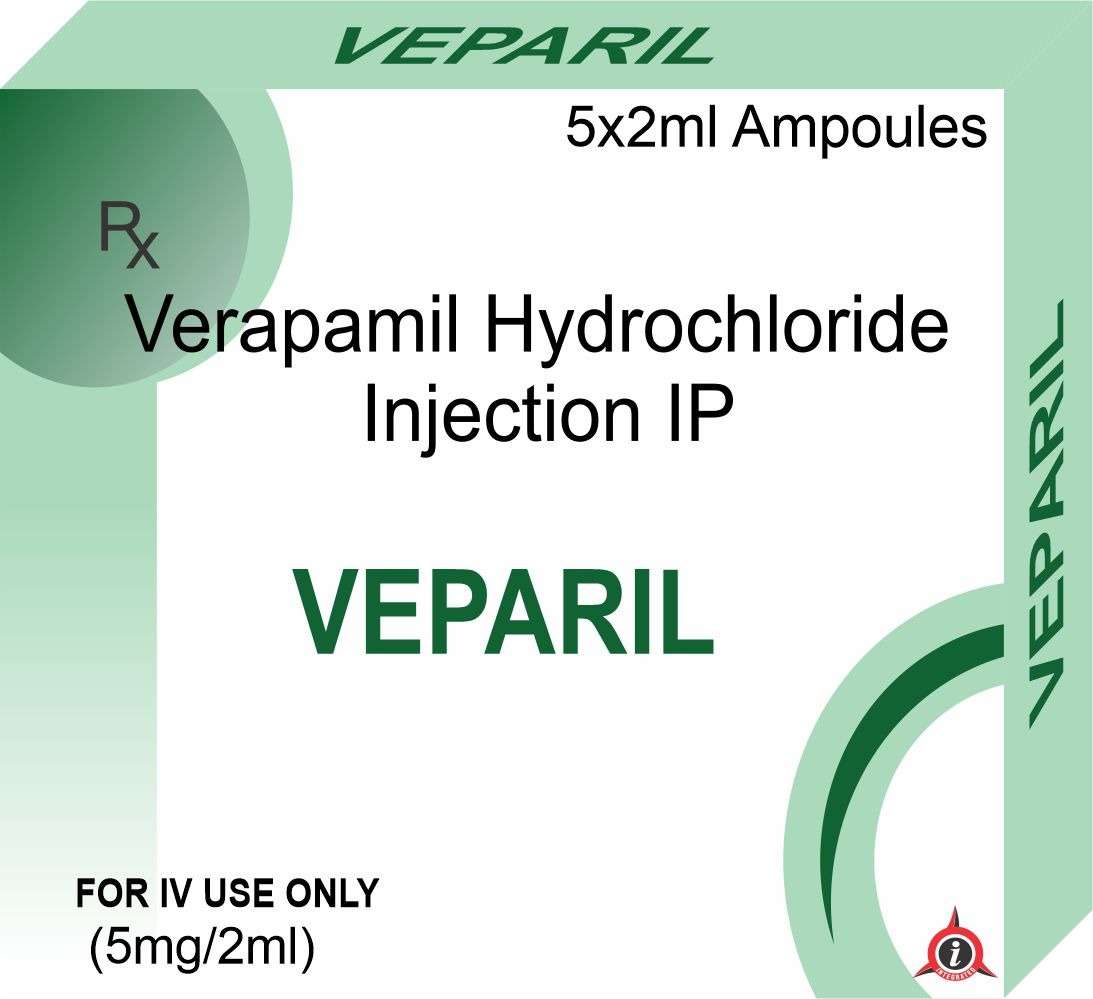
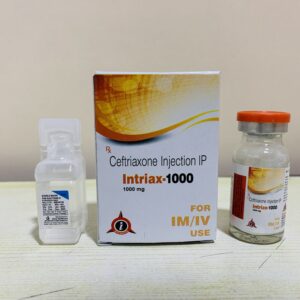
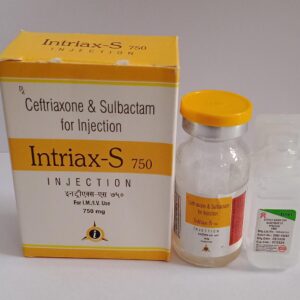
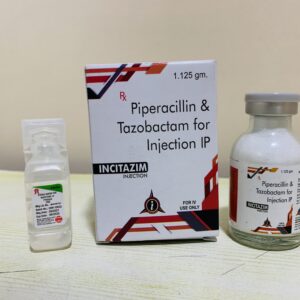
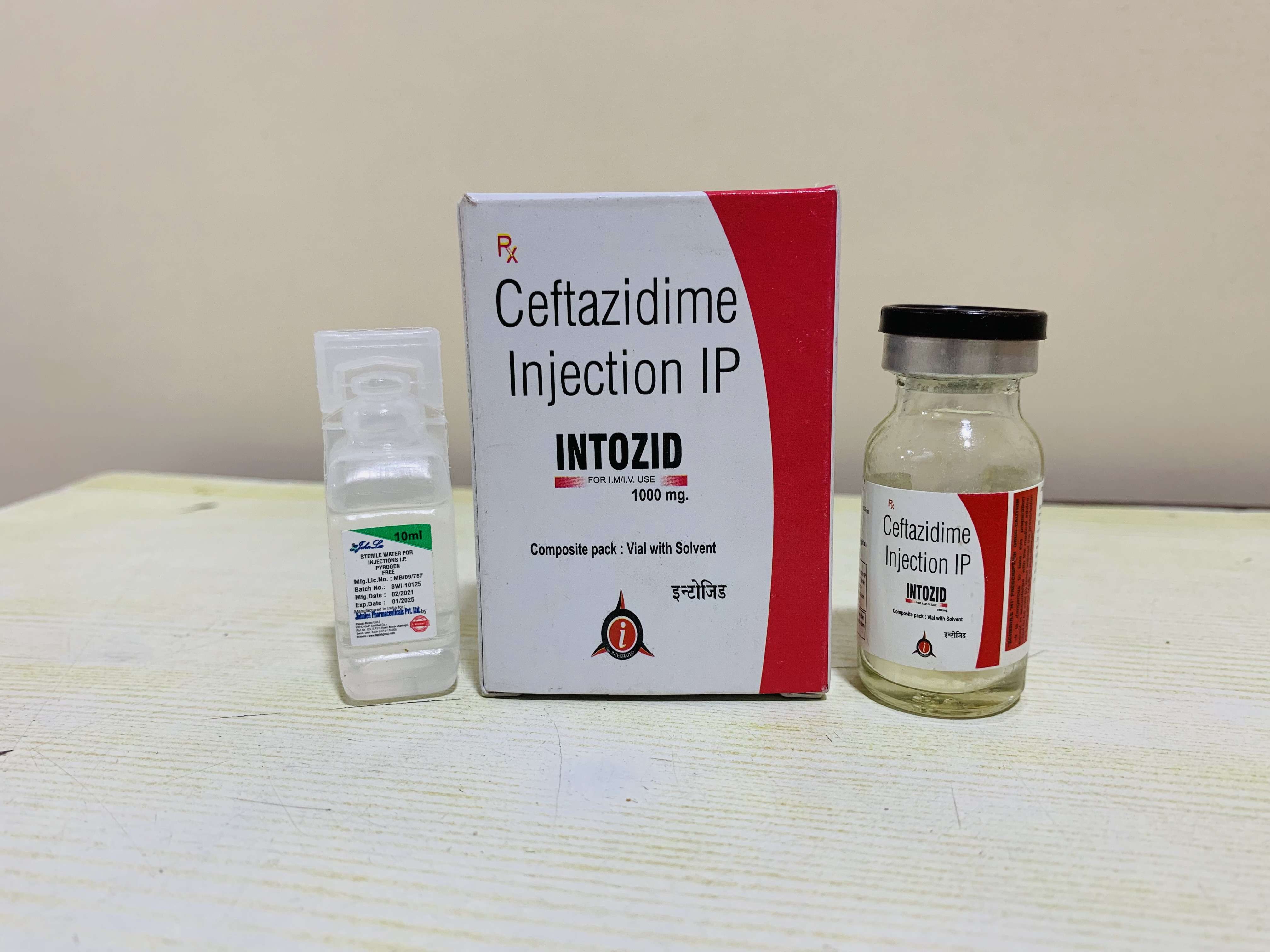
Reviews
There are no reviews yet.